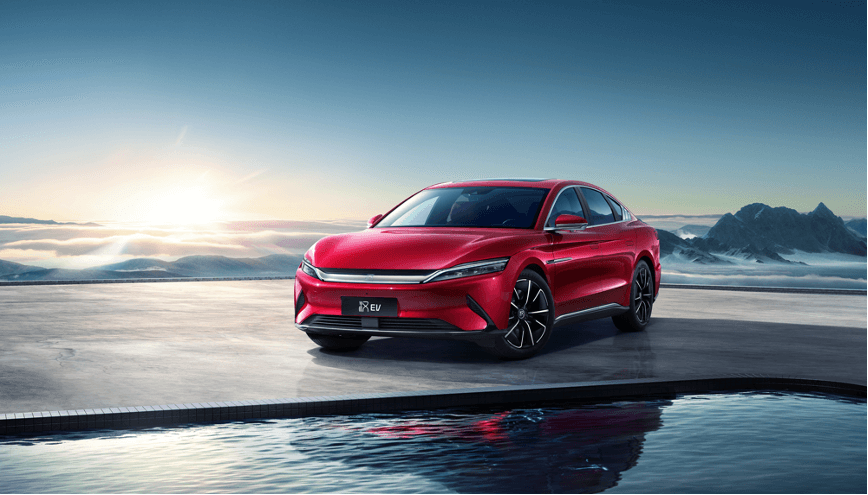Indian authorities have declined BYD’s $1 billion joint venture factory proposal with a local company, Megha Engineering, to establish an electric vehicle manufacturing facility in India. The plan aimed to produce 10,000-15,000 electric vehicles annually and capture 40% of India’s electric vehicle market by 2030.

BYD-Megha Engineering Joint Venture Proposal Rejected
The rejection came amidst increasing scrutiny of Chinese investments in India and concerns about the security of such investments. The Department for Promotion of Industry and Internal Trade sought opinions from other departments during the evaluation process. Existing regulations were cited as a barrier to BYD’s investment proposal.
This rejection reflects India’s stringent approval process for foreign car manufacturers, as the country seeks to protect and promote its domestic automotive industry. Although India’s automotive consumer market shows significant growth potential, foreign companies have faced challenges entering and exploring the market. However, Tesla appears to have successfully navigated the path to enter the Indian market, with recent reports indicating its plans to establish a manufacturing facility in the country. According to these reports, Tesla is aiming to offer its cars for as affordable as Rs. 20 lakh.
India’s new car sales in 2022 increased by 25.7% year-on-year, surpassing 4.25 million units, making it the world’s third-largest market after China and the United States. However, the rejection of BYD’s joint venture proposal, along with past instances of other companies like General Motors and Ford abandoning manufacturing in India, highlights the complexities and difficulties foreign companies encounter when trying to establish a presence in the Indian automotive market.
Recently BYD strengthened its global presence by announcing its plans to construct three factories in Brazil. The company is partnering with the government of Bahia state for this ambitious project, investing an estimated 3 billion Brazilian Real (approximately 630 million USD) to fuel its expansion efforts.
RELATED:
- BYD Han EV, Tang EV, and Atto 3 launched in Morocco; first time in Africa!
- BYD’s New Affordable Plug-in Hybrid Sedan, the Seal DM-i, Begins Mass Production
- BYD Projects Tripling Net Profit in H1 2023, Sales Surge 94%
- Xiaomi Pad 6 vs OPPO Pad 2: Specs Comparison
(Via)







